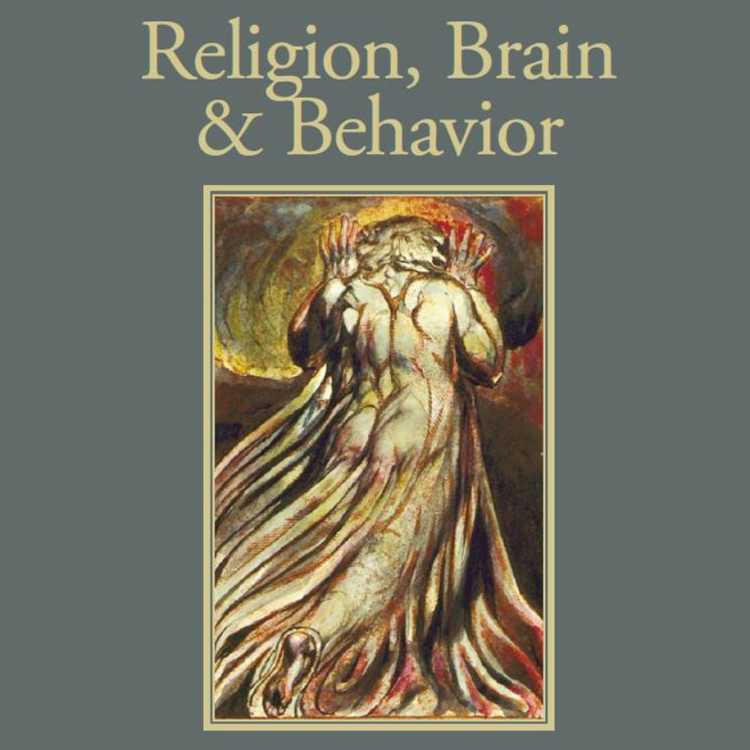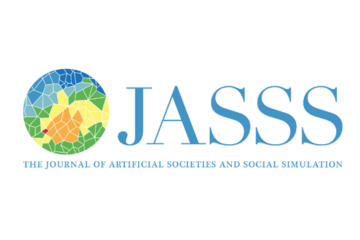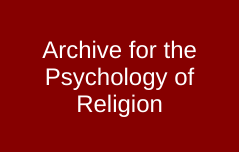In addition to conducting research, we need to communicate it. Project-specific communication, in the form of blog posts, newsletters, and social media can advance understanding, inform future donors, and enact change. By sharing CMAC’s research methods, project goals, and specific findings with the wider public, we can cultivate an engaged audience that not only care about us and our research, but also help us implement it.
Over the course of last year, CMAC researchers produced 8 publications, 11 blog posts, and were featured in 5 news articles. Our podcast DigEthix released 6 episodes and received 642 downloads, passing the milestone of 1,000 downloads in November.
Pandemic visions: did Covid give you a glimpse of God?

At the outset of the pandemic, conservationist Hylton Murray-Philipson spent five days in intensive care with his life “hanging by a thread”. In a round of interviews after his recovery from Covid-19, Murray-Philipson, a friend of Prince Charles, heaped praise on the National Health Service — but also shared his unusual experience in hospital.
Others experienced similar episodes while suffering from Covid-19, as Bettina Schmidt, a professor in the study of religions and anthropology of religion at the University of Wales, told the Religion Media Centre. Professor Schmidt, director of the Alister Hardy Religious Experience Research Centre at the university, hopes to hear from others with experiences similar to Murray-Philipson for a research project in collaboration with the Center for Mind and Culture in Boston in the United States.
Byte by byte: Using data science to study human behavior

A popular thought experiment pushes people to consider the ethics of redirecting a trolley to hit a single person that is at the wrong place at the wrong time in order to avoid hitting five workers that the trolley is barreling toward. This puzzle has been debated for decades, but now researchers can enlist the help of computers to better understand the ethical conundrum. By testing social scientific theories in the framework of a rigorous, quantitative model, researchers can find actionable insights into social behaviors and interactions.
“We humans face some very complicated problems because we have a weak understanding of complex systems,” says Wesley Wildman, a Professor of Philosophy, Theology, and Ethics and Founding Member of the Faculty of Computing and Data Sciences at Boston University. “I’m interested in finding the situations where the sciences of complex systems generate new insights.”
Spirit Tech: The Brave New World of Consciousness Hacking and Enlightenment Engineering
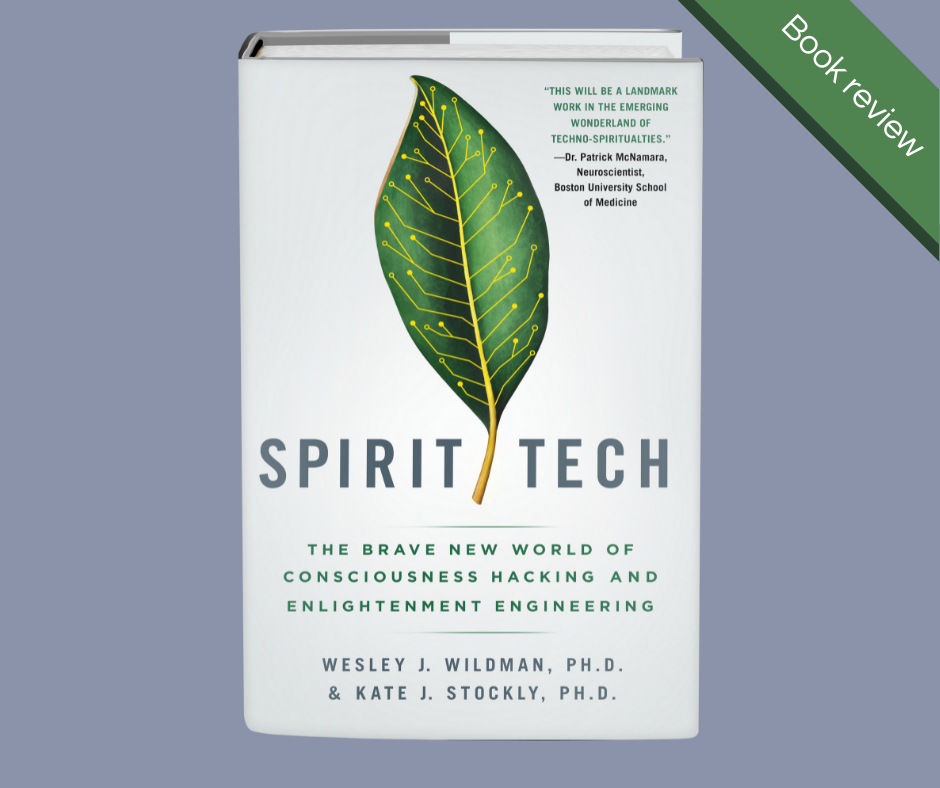
In the age of the internet (particularly during a pandemic) we have sought ways to stay connected – to our friends, our families and our religious communities – and so we have all integrated technology into our lives in some way. With the help of smartphones, social media, streaming and more, we have multiple ways to communicate in the 21st century. But what if the limits of tech didn’t stop there? What if technology became so integrated into our society that it became the next step in our evolutionary process? What would happen if we began to mix the spiritual with the technological?
These questions and more are answered in Wesley Wildman and Kate Stockly’s newest book Spirit Tech. Together, with their extensive knowledge in the scientific study of religion, Wildman and Stockly connect with experts in neuroscience, theology, philosophy, spiritual experiences, entheogens and more to explore the fascinating advancement of spirituality and technology.
Spirit Tech: The brave new world of consciousness hacking and enlightenment engineering by Wesley J. Wildman and Kate J. Stockly
We are often told that technology is changing everything and that we need to catch up. Spirit Tech wants to persuade you that the same revolution is under way when it comes to God, via “brain-based technologies of spirituality that carry the potential to be game changers for the way we practice religion in the twenty-first century and beyond”. The authors examine half a dozen areas of current research and experimentation, including psychedelics, brain stimulation, and the use of neurofeedback to inform meditation.
A New Approach for Fighting Religious Violence
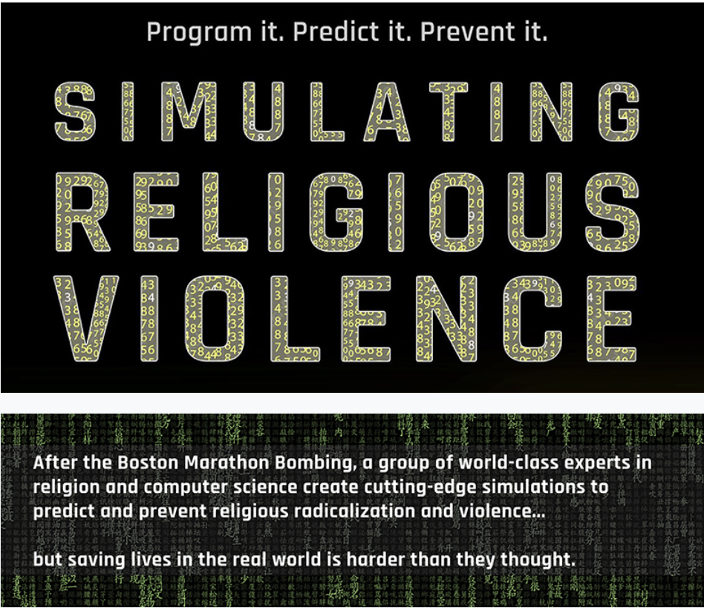
In her newest documentary feature film Simulating Religious Violence, producer and director Jenn Lindsay looks into how technological innovation—and more specifically, artificial intelligence—can contribute to the understanding and research of social behaviors like radicalization, religious violence, and xenophobia. The film tells the story of an expert crew of computer scientists and religion scholars who are called to action by the 2013 Boston Marathon Bombing, a terrorist attack perpetrated by two young religious extremist brothers. After the bombing, the scientists develop cutting-edge technology to investigate the causes of such behavior. They travel to refugee camps in Greece in order to understand and simulate connections between religious extremism and the refugee crisis. The film is also a broader meditation on the prospect of taking specialized academic learning out of the ivory tower and into the “real world” to alleviate complex social problems.

